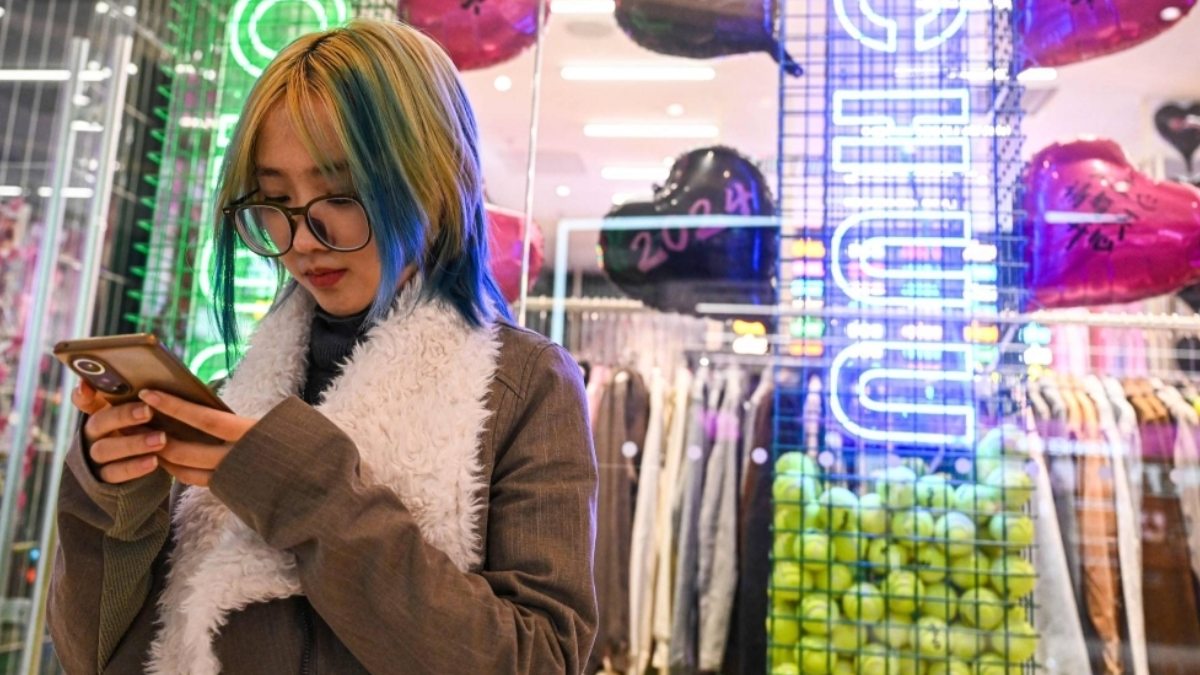A rising trend among Chinese millennials sees them turning to artificial intelligence for companionship, with chatbots offering emotional support and even romantic interactions. One such platform, “Glow,” developed by Shanghai start-up MiniMax, provides users like Tufei, a 25-year-old office worker, with virtual partners who offer understanding and empathy.
Tufei, hailing from Xi’an, northern China, confessed that her AI boyfriend on Glow offers a level of comfort and companionship that surpasses real-life interactions. “He knows how to talk to women better than a real man,” she said, highlighting how she confides in him about work problems and even relies on him for emotional support during her period pains.
Driven by a desire for companionship in a fast-paced, urban lifestyle, many users, like Wang Xiuting, a 22-year-old student in Beijing, find solace in these AI relationships. Wang expressed difficulty in finding an ideal boyfriend in real life due to personality differences that often lead to friction. In contrast, AI gradually adapts to the user’s personality, providing tailored emotional support.
Another popular platform, Wantalk by Chinese internet giant Baidu, offers a variety of virtual lovers inspired by ancient China, from princes to knights. Users can customize their perfect companion based on various attributes, from age to hobbies, providing a sense of emotional fulfillment in moments of loneliness or stress.
Despite the allure of virtual companionship, there are concerns about data privacy and the ethical implications of these AI relationships. While advancements in technology aim to make interactions more realistic, there’s still a noticeable gap between human-like responses and robotic limitations.






